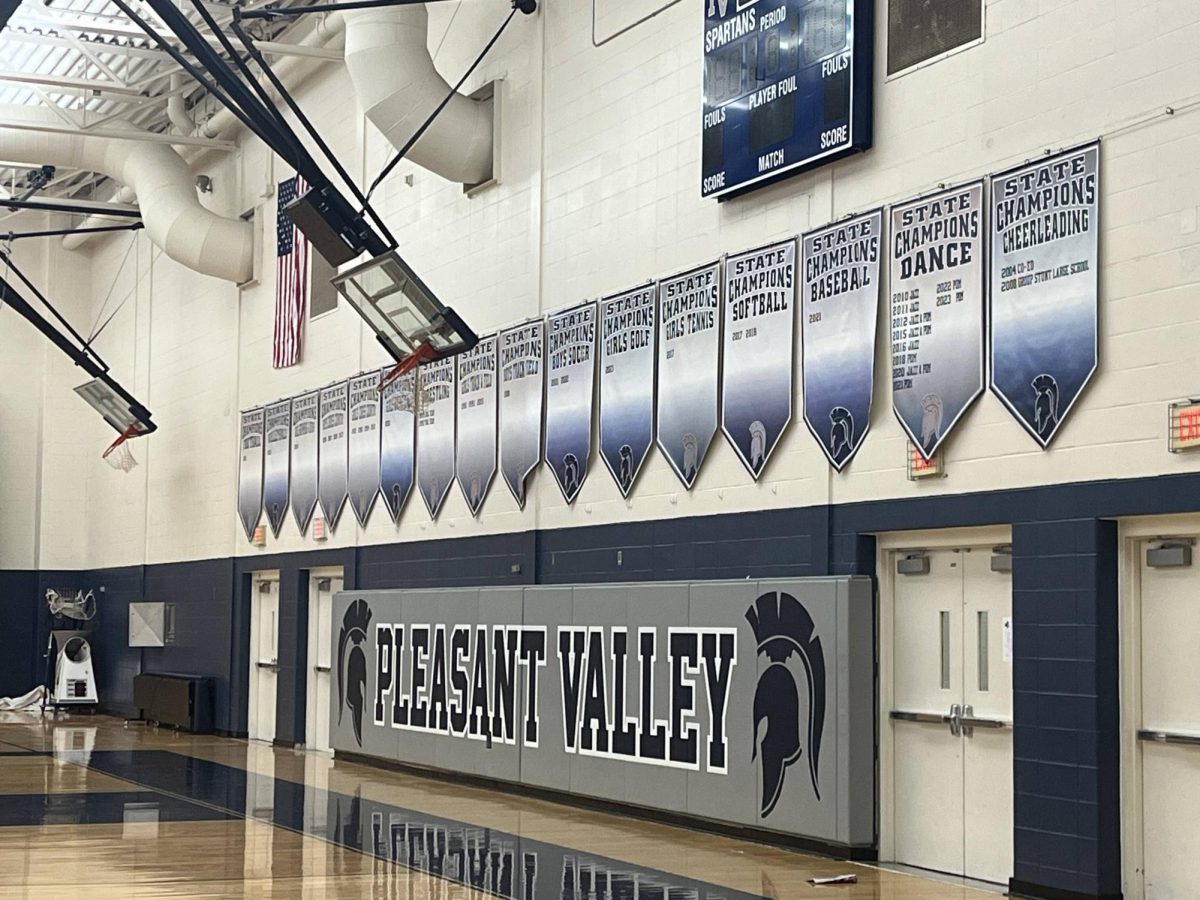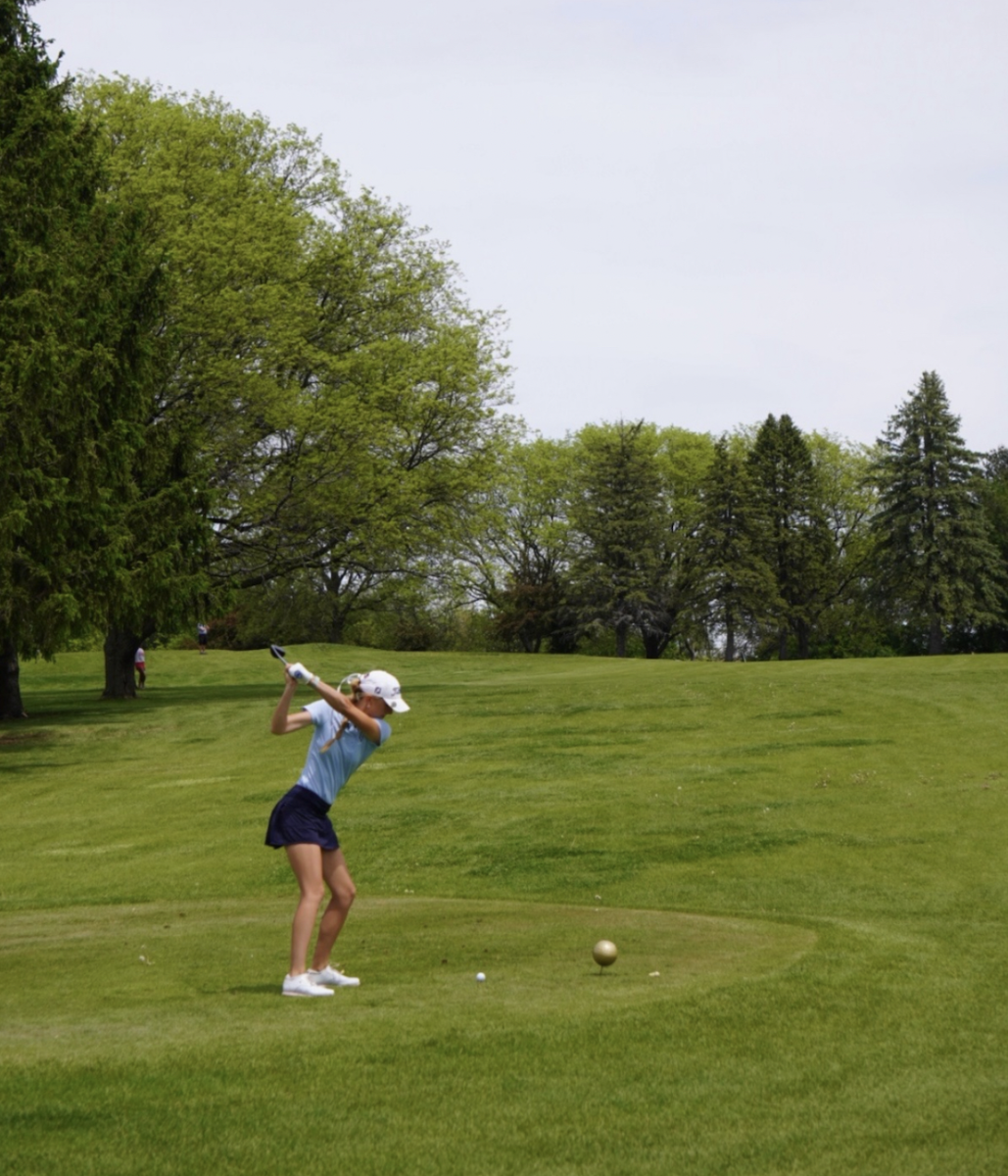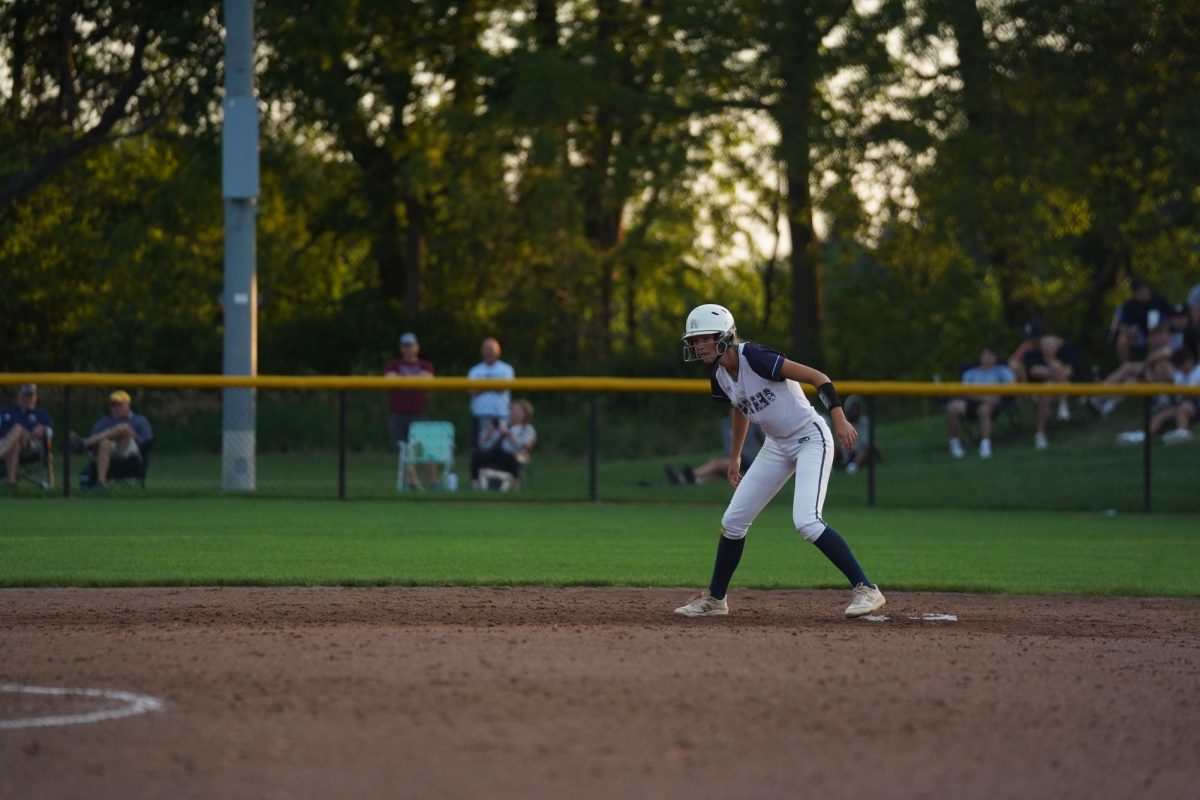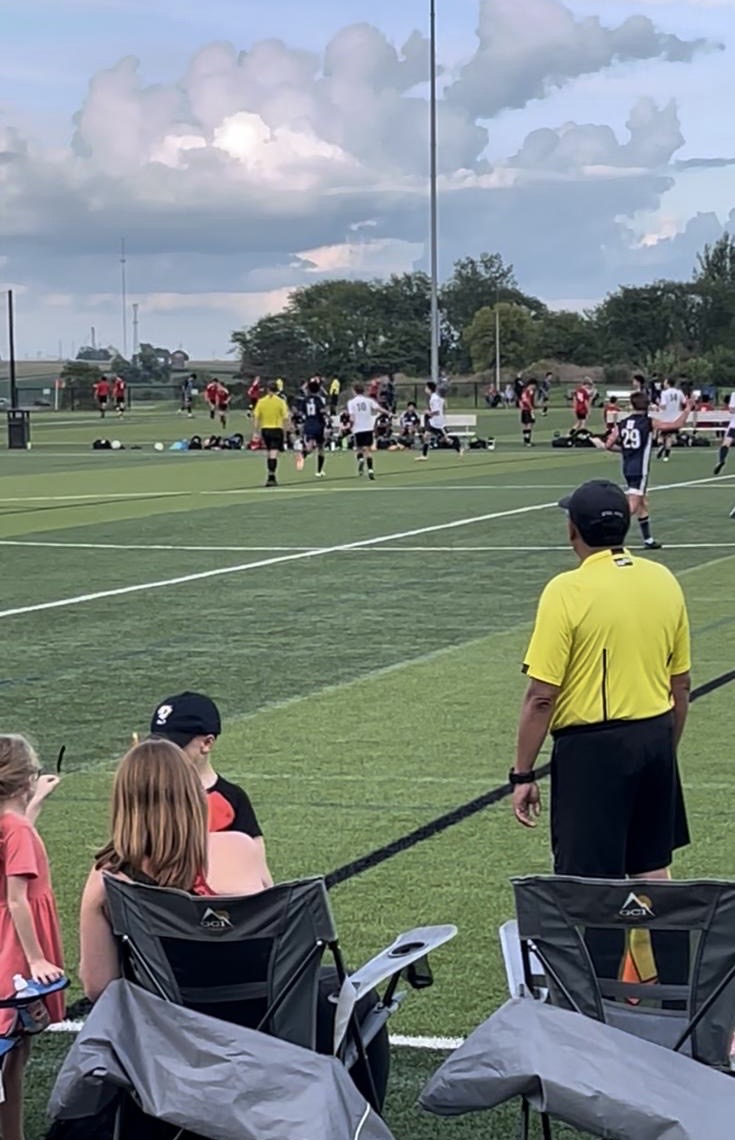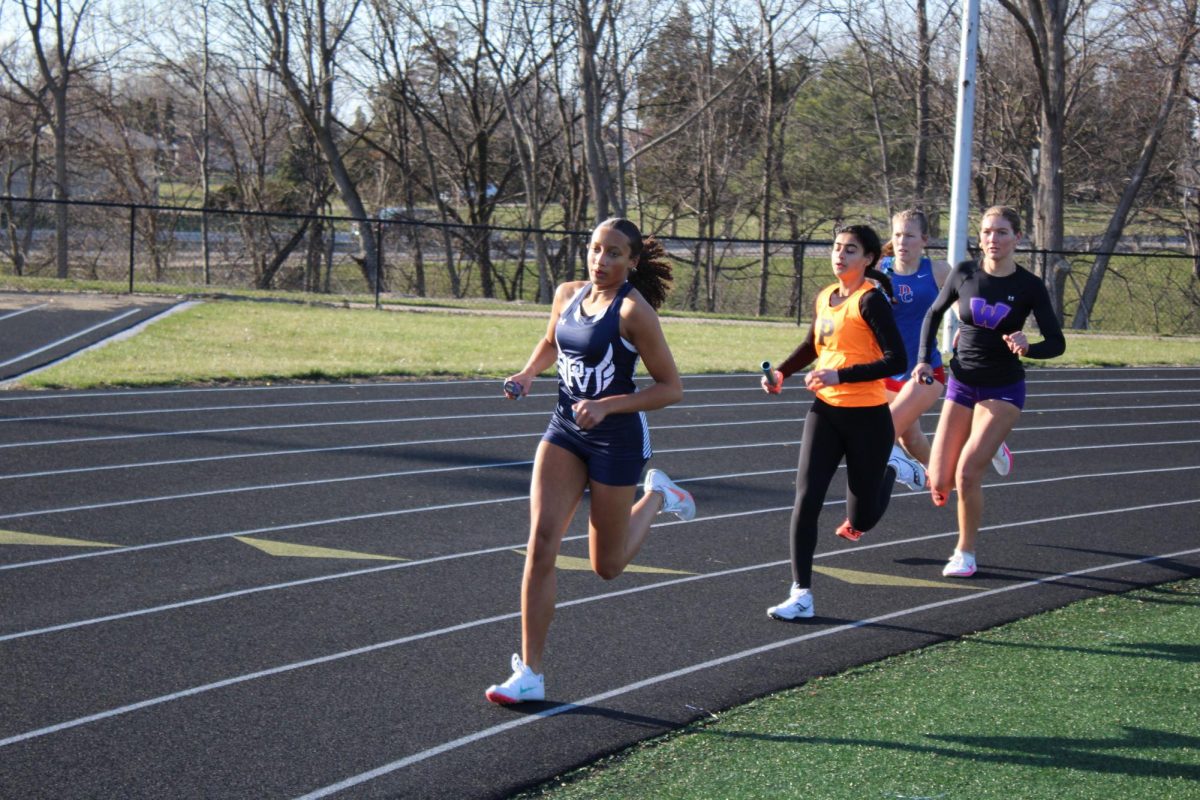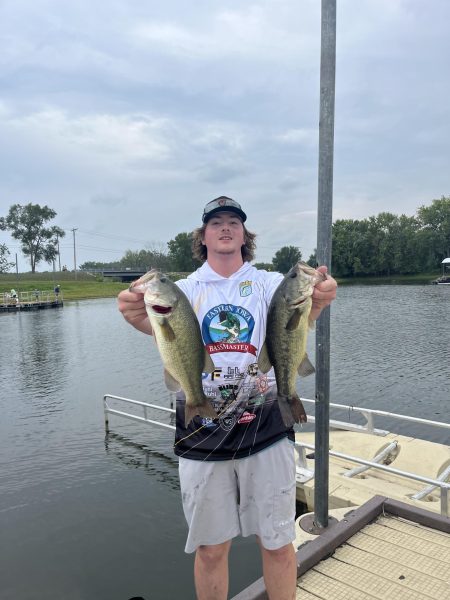Millions of students across the nation and thousands across Iowa participate in a variety of high school sports. These sports range in popularity and scale, so schools can’t offer all of the sports students participate in due to lack of funding and interest.
This creates a situation where the sports high school athletes have access to depend on the state in which they live.
The state of Iowa offers 11 state-sanctioned sports for girls and boys. The state is unique in that it has separate governing bodies for boys’ and girls’ sports.
The Iowa High School Athletic Association (IHSAA), the governing body for boys’ sports, offers baseball, basketball, football, cross country, tennis, golf, track and field, bowling, soccer, swimming and wrestling.
Similarly, the Iowa Girls High School Athletic Union (IGHSAU), the governing body for girls’ sports, offers the same sports, with the exception of volleyball replacing football and softball replacing baseball.
Most of these sports are available in other states, with the exception of girls’ wrestling, which is sanctioned in 44 states. Going beyond this, other states have decided to offer sports that have gained popularity either in their specific region or the nation as a whole.
Sports offered in other states that have not been adapted by all include gymnastics, lacrosse, hockey, cheerleading, dance, skiing, badminton, water polo, bass fishing and many more.
Many of these sports are offered due to the region the state is located in and the sport’s popularity within it.
Since states cannot offer all sports due to low participation, when an athlete lives in a state where the sport they play is not popular or offered, they are faced with a predicament.
If a sport is not offered in a state, high school athletes have two options: to participate in it at a club level or to petition their state to sanction it at the high school level.
Senior Rese Bailey, a lacrosse player, chose the first option. Although sanctioned in 24 states, lacrosse is not offered at a high school level in Iowa.
“From what I’ve gathered through years of playing lacrosse and listening to the people’s impressions of it, lacrosse is not a very popular thing in Iowa, at least not the Quad City area…It’s left to the members of the team and the parents and friends of those members to spread word about the club, but in turn not many people know enough about the sport to justify turning it into a sport sanctioned by the high school,” Bailey explained.
Bailey also described the regional popularity of lacrosse, similar to other sports not fully sanctioned in all states. “It’s growing in popularity very quickly in other areas but the midwest. High schools in the east, south and west all have high school lacrosse teams, but it just hasn’t reached Iowa with the same motion that it has other states and regions,” he said.
Because some sports, like lacrosse, are not mainstream in Iowa yet, the state offers an option for students who take the second route, attempting to get the sport sanctioned by the state. This option is largely dependent on high school participation in the prospective sport, which must be strong for the state to consider adding a new sport.
According to the IHSAA’s handbook, “The Board of Control will not consider starting a new sport until at least 15% of the IHSAA’s members participate in the sport and, at the time, the Board of Control will determine whether a tournament series will be sponsored by the IHSAA in that sport.”
These regulations mean many new sport proposals are student and school led as opposed to being driven by the state.
Cody Prichard, a senior at the University of Dubuque and a graduate of North Scott High School, has firsthand experience with this second route and when he proposed bass fishing as a new high school sport to the IHSAA.
“My experience with the IHSAA was great. All of the individuals that I spoke with were very helpful and supportive of my ideas. Unfortunately back in 2019 it was not a time that worked for them to add bass fishing as a sport,” he explained.
Although Iowa did not accept fishing as a high school sport, many other high school anglers are able to compete in state sanctioned tournaments in other states. Prichard linked this to regional popularity and the ability for the sport to be pursued at higher levels in other states.
“I think that it all starts at the highest levels. Let’s look at Illinois for example, they have Southern Illinois Carbondale, Illinois State and McKendree University, along with a bunch of community colleges. McKendree is a powerhouse school for college fishing. With that, the state of Illinois was able to recognize the future that some of their athletes would have. Along with that they had support from school administrators, like my uncle, who helped get bass fishing to be a sanctioned sport in Illinois,” Prichard described.
The ability to compete at the college level is not as prevalent in Iowa and fishing is not as big of a part of the lifestyle of the state, factors Prichard links to it not being sanctioned as a high school sport yet.
He continued, “While in Iowa you really only have 3 four year schools that have a college fishing team at all; [University of] Iowa, UNI [University of Northern Iowa], and UD [University of Dubuque]. I also believe that it has to do with what the state has to offer. For example, Minnesota has 10,000 lakes so fishing and outdoor activities are a huge part of their everyday life, which made it a simple task to add fishing as a high school sanctioned sport.”
Whether high school athletes choose to participate in unrepresented sports at the club level or attempt to get them sanctioned in their own state, there are a variety of opportunities for new sports to become popular.
Regardless, for everyone to be able to compete in state recognized sports, athletes believe more still must be done to adapt to a changing playing field.
Bailey thinks increasing a sport’s popularity starts at its most basic levels. “If we want more people to be interested in the sport and to grow the popularity in Iowa is to make kids aware of the sport from a young age. A lot of the big sports have a ton of little kids trying out the sport from a young age while the kids are still trying to find what sports they like and the sports that they fit into,” he stated.
Prichard echoed this. “I think a way for the state of Iowa to get a jump start on sanctioning bass fishing as a sport would be to send a mass informational packet to every school in the state informing all of them that there is a youth fishing program in the state of Iowa that is not sanctioned by the IHSAA…This would be an easy way to gauge the interest over the entire state and help the IHSAA make a decision about whether or not it would be feasible to add bass fishing as a co-ed sport,” he speculated.
With such a wide range of sports to choose from in America and more continuing to emerge like lacrosse and bass fishing, states will be pushed to keep up with increasing demand for new sanctioned sports and continue to provide more opportunities for student-athletes.


